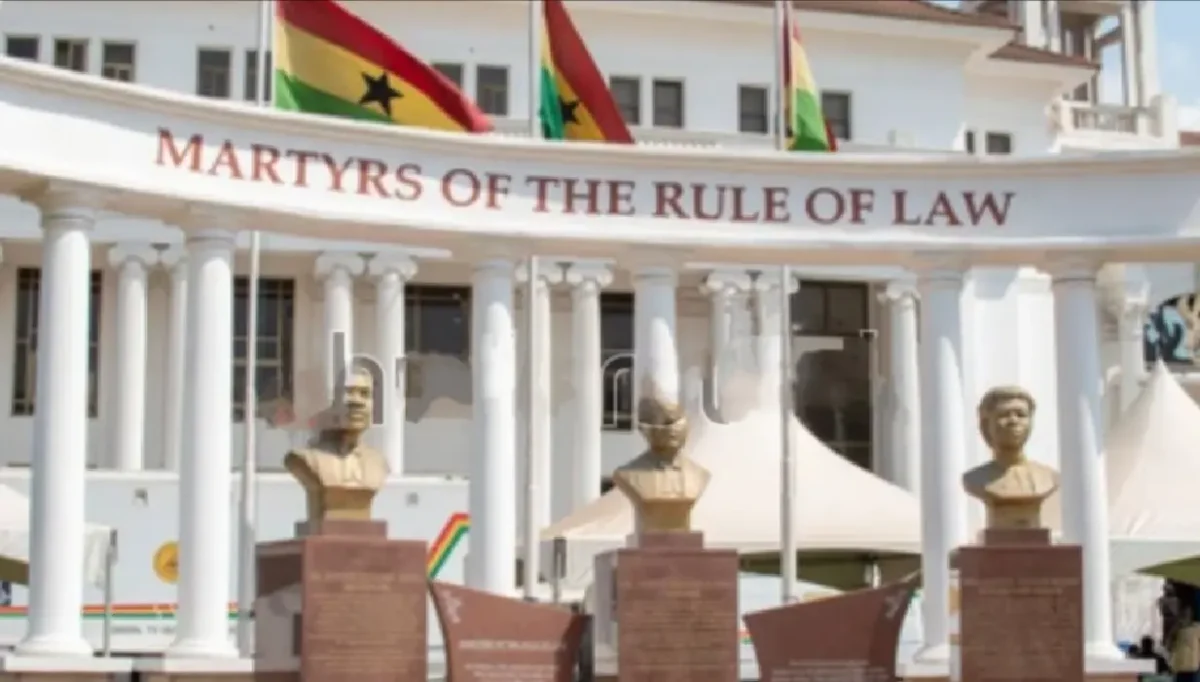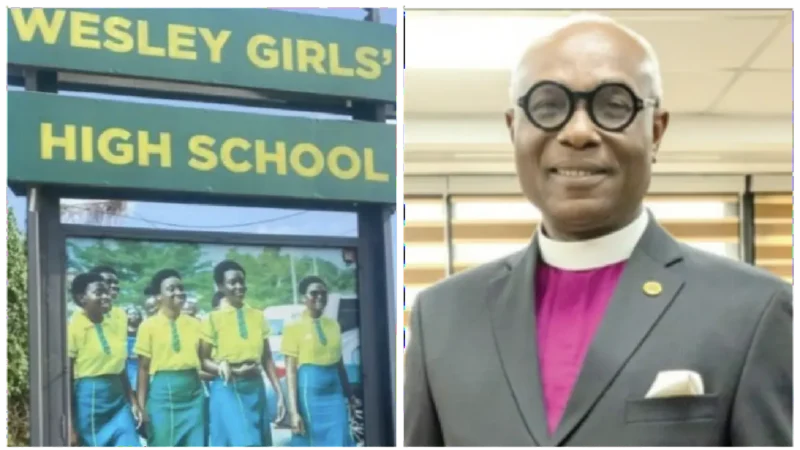The Supreme Court of Ghana has reaffirmed its dedication to upholding the principles of democracy by ordering the re-collation of votes in four constituencies following the December elections. This bold and decisive ruling reflects the judiciary’s commitment to transparency and fairness in the electoral process, which seeks to address critical concerns raised about vote collation in key constituencies.
The constituencies affected by this supreme decision are as follows:
1. Okaikwei Central Constituency
2. Techiman South Constituency
3. Ablekuma North Constituency
4. Tema Central Constituency
These areas were flagged due to significant irregularities that brought the credibility of the collation process into question. Stakeholders from various political parties and civil society groups raised concerns about discrepancies in the results prompting legal action and scrutiny by the highest court of the land. The December elections which were anticipated to be a hallmark of Ghana’s political maturity were clouded by claims of flawed processes in these constituencies. Among them, Techiman South stood out as a focal point of contention where both major political parties declaring victory amid conflicting figures. Similar controversies arose in Okaikwei Central, Ablekuma North, and Tema Central which led to public outcry and demands for a resolution.
In its ruling, the Supreme Court emphasized that the collation process in these constituencies did not adhere to the Electoral Commission’s guidelines which undermined the integrity of the results. The court’s directive for an immediate re-collation underscores its resolve to ensure that the electoral process reflects the true will of the people. This decision has been met with widespread approval from civil society organizations, election observers, and the general public. Many see it as a critical step toward bolstering confidence in Ghana’s electoral system and preserving its democratic values. The re-collation process is expected to bring clarity and restore trust particularly in constituencies where tensions have run high due to the disputed results.
The implications of this ruling are far reaching. Beyond addressing the grievances of the aggrieved parties, it could alter the parliamentary composition and reshape the political dynamics in these constituencies. It also reinforces Ghana’s reputation as a beacon of democracy in Africa which showcase the independence and integrity of its judiciary.
As the nation looks forward to the re-collation process, all eyes are on the Electoral Commission to ensure that the exercise is conducted transparently and in accordance with established procedures. Political parties, civil society, and international observers have a vital role to play in monitoring the process to safeguard its credibility.
Keep reading more news update from GH Educate
Kindly share to more people





